The continuous use of saline and untreated water has posed significant health risks to workers on inland waterways, with the majority experiencing various skin diseases and intestinal problems. According to a survey conducted by the Bangladesh Shipping and Communication Reporters Forum (SCRF), 80 percent of these workers suffer from skin infections and complex intestinal diseases.
The SCRF's year-long study, which surveyed over 100 workers from 10 types of vessels, including passenger launches, cargo ships, excavators, dredgers, dumb barges, and houseboats, highlights the severity of the issue. The report indicates that the primary water sources for these workers are the heavily polluted rivers of Bangladesh's coastal areas, as vessels typically lack water treatment systems.
The low wages of the workers prevent them from purchasing water purification devices, and there is no provision from public or private organizations to supply clean water systems. Consequently, long-term exposure to saline and polluted water has led to numerous health problems, including skin diseases (such as skin cancer) and complex intestinal disorders (such as liver cirrhosis, bacillary dysentery, stomach ulcers, and chronic diarrhea).
To address this crisis, the SCRF has recommended the mandatory installation of water treatment plants on all public and private vessels. This measure aims to ensure that workers have access to safe and clean water, thereby mitigating the severe health risks they currently face.



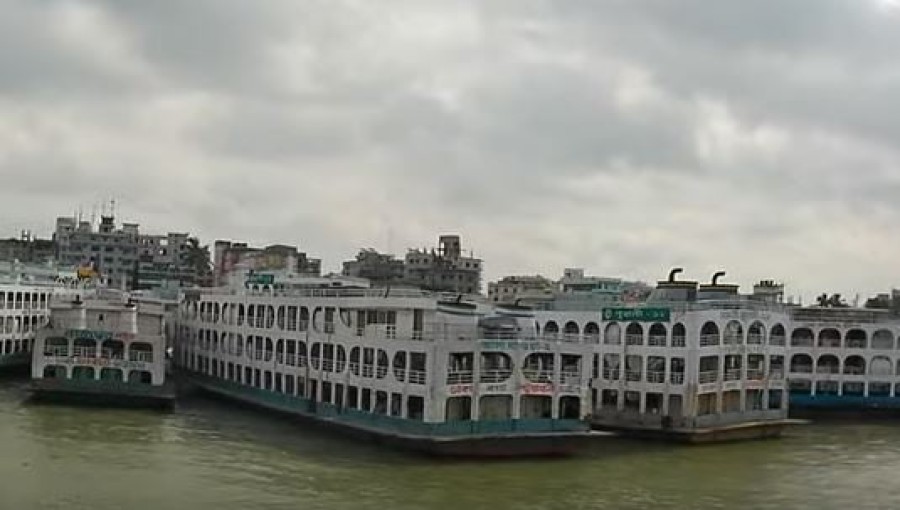

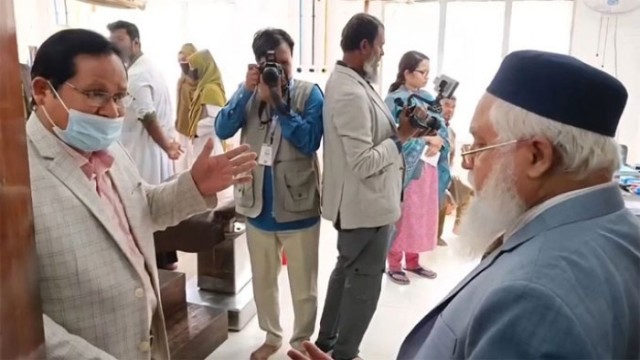
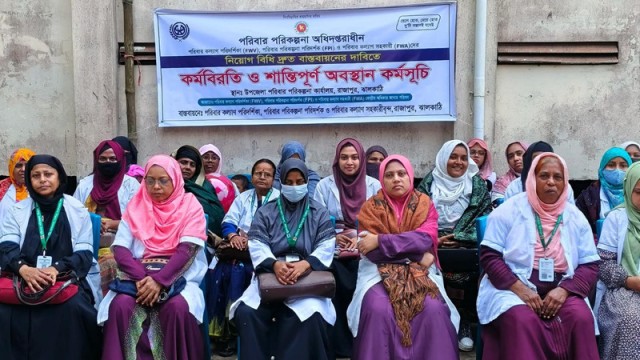
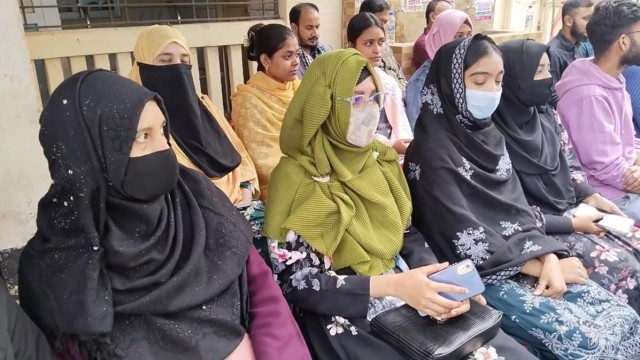
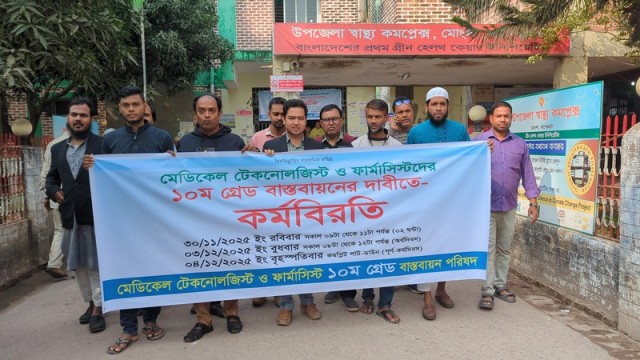
















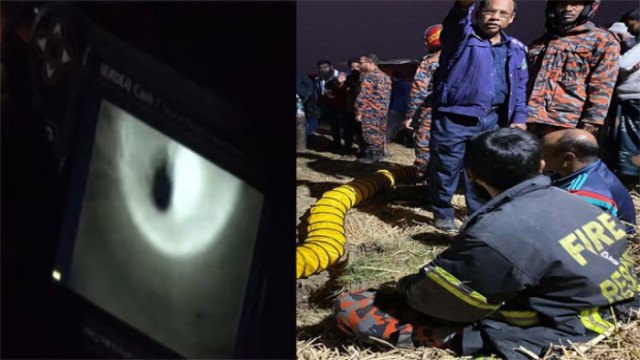





Comment: